The Need for Speed: Maxxing Your Connection Speed
Playing games successfully online relies on snappy speed. If you've noticed your gaming's gotten a bit sluggish of late, wait a minute before dropping the big bucks on a PC upgrade. The speed issues might not be your machine, but the way it connects to the internet. These simple tweaks can help minimize your ping and maximize your successes!
1: Run a speed test. It always helps to know where you're starting from. To check out what your connection's actually like, run Speedtest. This handy (free!) service will tell you your ping, download speed, and upload speed, all of which can impact your online gaming. The most important factor is ping, which is the time it takes for data to get to and from the game server — you want that number to be as low as possible. A ping of 30ms on a 15Mbps connection is a good set of numbers to aim for. Your download speed, on the other hand, should be as high as possible, but anything above 5Mbps should be acceptable for most games.
2: Get rid of interference. If your home network uses wifi, there are a number of easy things you can do to improve speed to your connection. Here's a list of 10 handy tips to boost your wifi — try moving your router, changing wireless channels, and getting rid of interference. You can even increase your wifi range using a beer can, if that's the way you roll.
3: Clean up your act. If your network speed is okay, but your games still aren't snappy enough, give your machine a clean, inside and out. Clean up your programs and even perform a fresh Windows install to remove memory-resident apps. You can have protection against incoming malware and viruses before it reaches your home network using AiProtection, this way your PC can run faster from using less resources.
Of course it won't hurt to literally get out the vacuum! Open up your PC case and take a good look inside. Check that all of the fans are running smoothly and that the filters are free of dust. All that hair, dirt and grime that builds up inside the machine over time (particularly if your PC sits on the floor and your Persian cat Muffy loves to sleep on it) will actually affect its performance, by preventing the PC from cooling properly. These tips might help, but don't forget to switch the power off before you get in amongst the parts with a can of compressed air.
4: Get a new ISP. After all that, you simply might not be able to get decent speeds on your current connection. This doesn't mean that your lucrative eSports career is over before it starts, however. Do your research and look into what ISPs operate in your area. If you're using outdated technology (you're not still on dialup, are you?), there's a good chance you can upgrade to a better connection. If you're using mobile internet, switching from 3G to 4G will make a massive difference, and changing wireless carriers can also help. If all else fails, it is possible you may need to move house if you are serious about online gaming... maybe.
5: Get a new router. Unless you live alone or can wait until everyone has gone to bed to use the precious bandwidth your connection provides, you're probably not getting the ping with that N-series router from 2010. It's time to upgrade to a dual-band or tri-band wireless router. The ASUS RT-AC88U (dual-band) or the ASUS RT-AC5300 (tri-band) is the answer to your prayers, pushing your range farther and your ping lower than ever. They also work as wired LAN routers and has WTFast, the Gamers Private Network (think VPN, but for gamers only) built in.
Author
Popular Posts
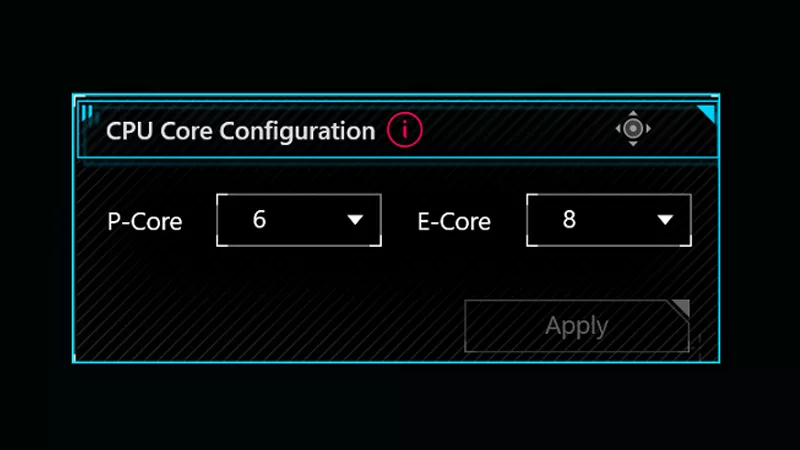
How to adjust your laptop's P-Cores and E-Cores for better performance and battery life
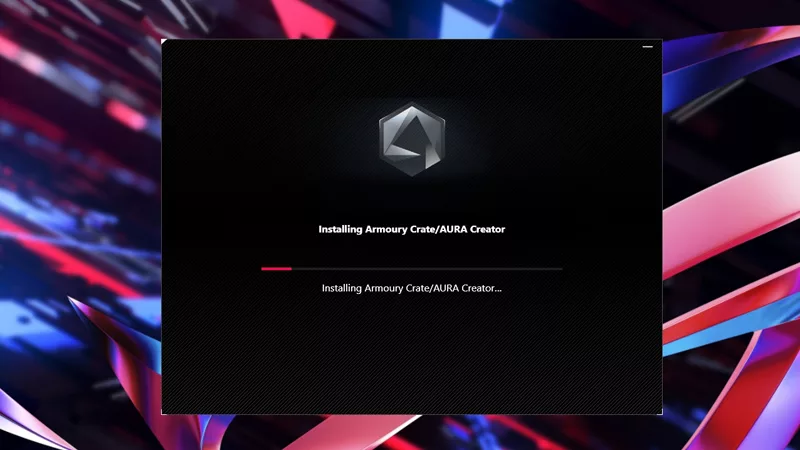
How to Cleanly Uninstall and Reinstall Armoury Crate
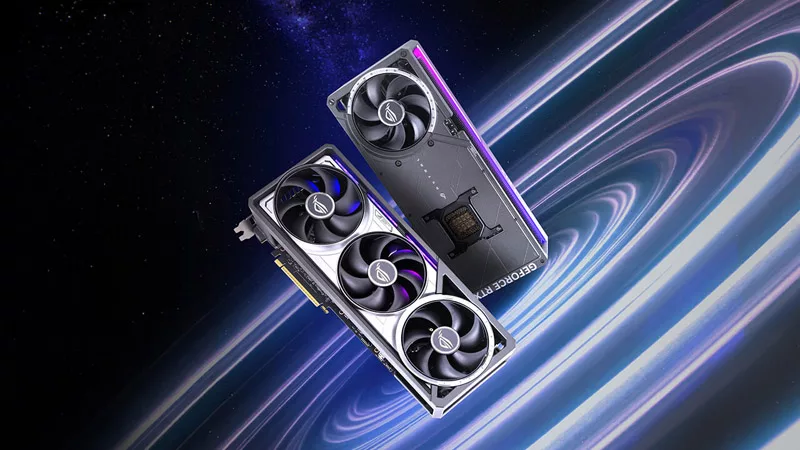
Introducing the ROG Astral GeForce RTX 5090 and 5080: a new frontier of gaming graphics
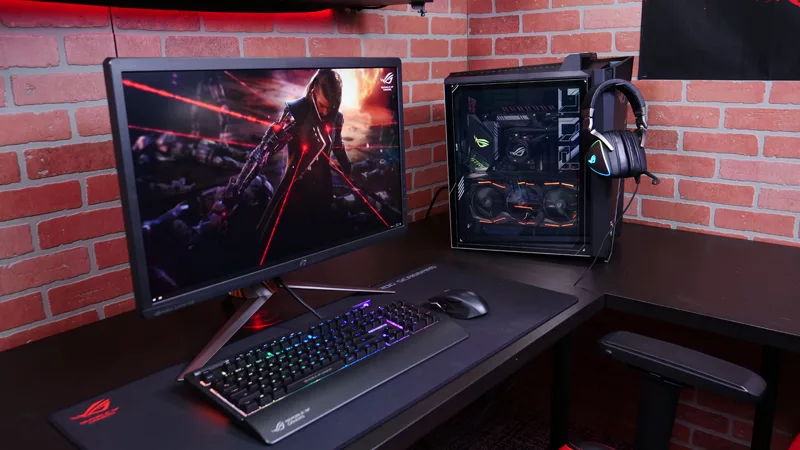
How to configure your PC's RGB lighting with Aura Sync
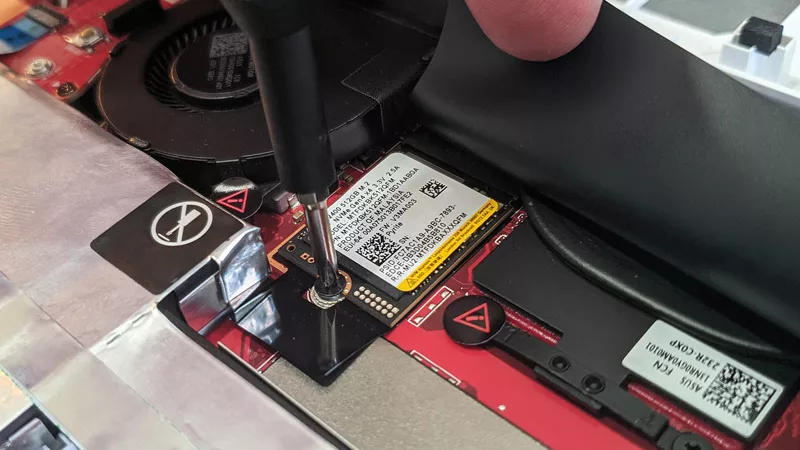
How to upgrade the SSD and reinstall Windows on your ROG Ally or Ally X
LATEST ARTICLES

Stellar Blade is the stylish, stimulating action romp PC gaming needed in 2025
It’s one thing to look good, it’s another to play well, and it’s a Herculean task to deliver a game that manages both. But Stellar Blade does the job with gusto.

10 must-play ROG Phone 9 games with support for Game Genie and AI features
From FPS to immersive RPGs, check out the best games to play on the AI-enhanced ROG Phone 9 series.
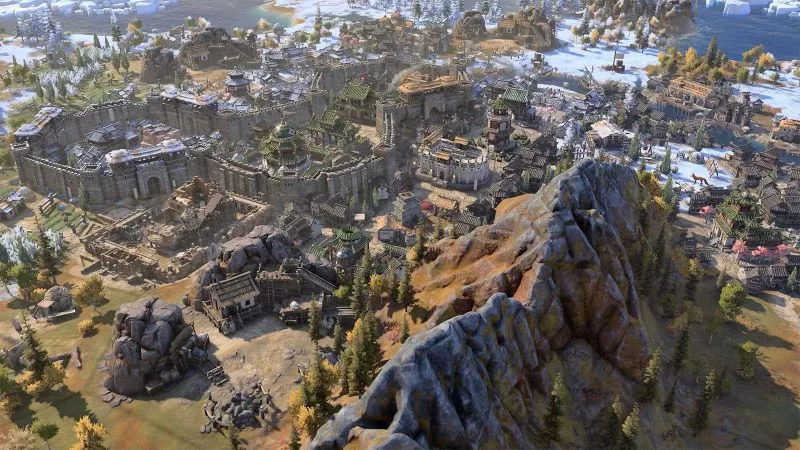
The best laptop-friendly PC games you can play without any peripherals
If you want to game on the go without dragging a mouse or controller with you, don’t worry: there’s plenty you can play with just your laptop’s built-in keyboard and trackpad.

Like a Dragon: Pirate Yakuza in Hawaii is absurdist gaming at its finest
Like a Dragon games are playable versions of weird stories a quirky friend might share over coffee. Like a Dragon: Pirate Yakuza in Hawaii is no exception.
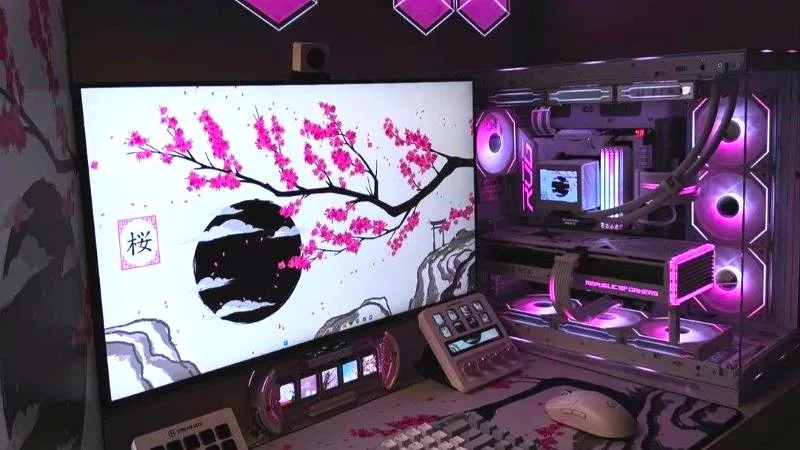
Four insane ROG PC gaming battlestations you need to see to believe
Expressing your personality with a tricked-out gaming setup is a core part of the PC gaming experience. No one knows this better than ROG loyalists, who produce some of the wildest battlestations on the planet.
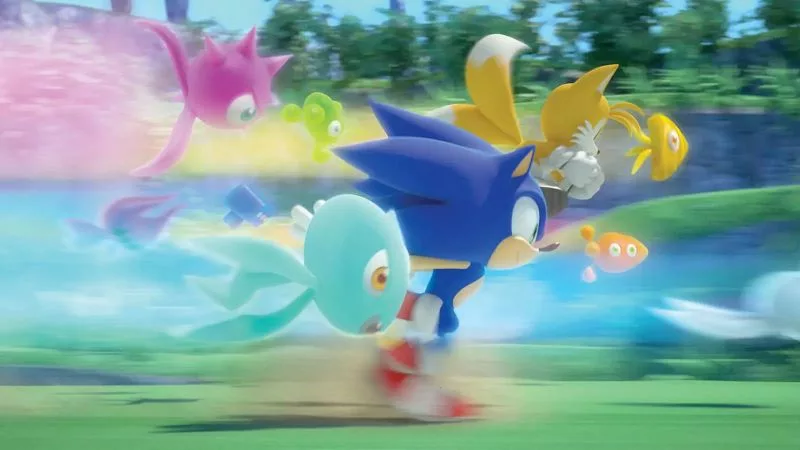
Why Sonic the Hedgehog is the wildest series in gaming
If you’ve been gaming for a while, you probably know SEGA’s Sonic the Hedgehog. But do you know why he commands his own gravitational orbit among a dedicated group of fans?
